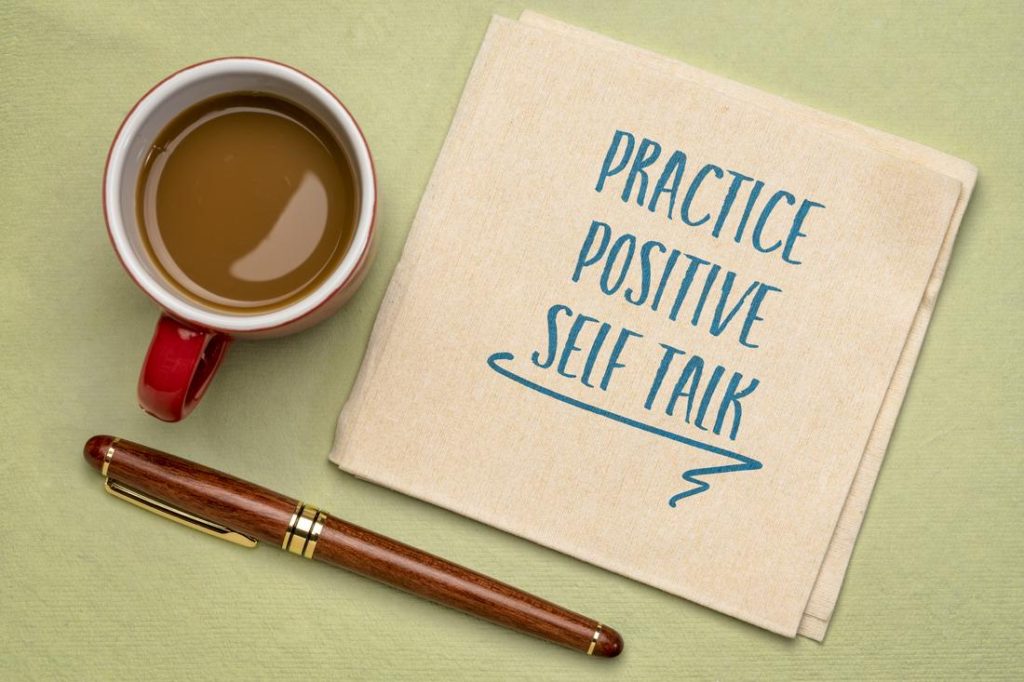Listening to Your Body for Stress Management
Listening to your body to manage stress
Your body most often detects a problem before you do. Listening to your body entails paying attention to your thoughts, feelings, and actions and being aware of any strange symptoms.
How to Pay Attention to Your Body
What is your current level of stress? Questions you should consider.
Are you intentional with rest?
Levels of Stress
When you are under constant stress, it may be pretty draining. You may notice a decrease in energy, headaches, an upset stomach, or other symptoms. For example, are you too tired to work out twice a row? When you are under constant stress, it may be pretty draining. You may notice a decrease in energy, headaches, an upset stomach, or other symptoms. Things that you used to be able to ignore now concern you. These indicators may be a reason you need to improve your stress management.
Things that you used to be able to ignore now concern you. Exercise, great social connections, meditation, smiling and laughing, and taking breaks from whatever causes you stress are all beneficial.

Getting Enough Sleep?
Are you getting good rest, or have you been tossing and turning and experiencing nightmares?
Most people understand the sensation of stress. A life consisting of stress is natural, whether from a job, school, or personal relationships. However, many individuals are unaware that a lack of sleep may also be a significant source of stress. When we don’t acquire good sleep, our bodies release more cortisol, a stress hormone. Large amounts of cortisol can cause various issues, such as worry, impatience, and difficulties concentrating. Sleep deprivation also makes it more difficult for our bodies to recuperate from daily pressures.
As a consequence, even minor obstacles can easily overwhelm us. So, if you’re having trouble coping with stress, one of the most important things you can do is make sure you’re getting enough rest. You’ll help your body handle stress more efficiently and avoid being overwhelmed if you get adequate sleep.

Caffeine overdose?
Is your heart rate racing due to an underlying problem, or have you had too much coffee today?
You may feel dizzy or lightheaded, with a rapid, fluttering, or sluggish pulse. If it lasts longer than a few minutes or occurs frequently, it might be caused by an illness or a cardiac rhythm issue.
Severe chest discomfort or difficulty walking or speaking might indicate a heart attack or stroke: Get yourself to a hospital.
On the other hand, a simple workout that suddenly becomes difficult and elevates your pulse for a more extended period may indicate that you are overdoing it. Discuss your symptoms with a doctor.

Are you thirsty?
Look for yourself. Our fundamental needs, such as food and water, might impact how we feel more than we may realize. For example, irritability, hostility, agitation, weariness, and a fast pulse might result from dehydration and hunger—no wonder these symptoms might make us feel disturbed and uneasy without us recognizing what’s causing it. Therefore, throughout the day, you should drink lots of water and consume nutritious meals regularly. Before you can nurture your mind, body, and soul as a whole, you must first meet your fundamental requirements.

Excessive negative self-talk
Face your negative thoughts. Use cognitive-behavioral therapy concepts to detect when your self-talk is incorrect. You reasonably understand that you are a worthy and intelligent person.
Recognize that if your self-esteem tells you something contradictory, it is merely your self-esteem talking, not reality. Facing negative thoughts can assist you in developing a more profound knowledge of your mind, body, and sense of self, as well as recognizing when negative self-talk indicates something more serious.

Age is a factor.
Some discomfort from wear and tear on your body is normal as you age. However, you could also realize that you’re not as flexible or robust as you once were. The cushion at your joints and between your spine’s bones might deteriorate. This deterioration might cause pain and impair your mobility. Staying active is beneficial, but if the pain persists, your doctor may recommend a particular “rehab” exercise plan to manage it.

Purposeful Rest
You’re not feeling up to your usual workout. Should you take the test? Tune in. Do you feel tired and achy? Then you could require a lighter day. Or are your favorite program and your couch enticing you? How frequently you need to relax is determined by how hard you work, do, and feel. Movement is typically beneficial if you are not in discomfort. A professional personal trainer can help you create a training plan that includes rest time.
Know when to slow down or stop altogether. When you see these indicators, it’s typically the time for a break, whether you’re too tired to exercise or feeling burned out from school or your job. Learn your body’s limits and create appropriate boundaries.

What is your body telling you?
For some people, the unpleasant truth of healthcare is that you must be your own, and sometimes only, vociferous champion to be taken seriously. Your body may be attempting to tell you something is wrong based on the symptoms. Make an appointment with your doctor (or request a referral to a specialist) if any symptoms disturb you. If you think your primary doctor is not granting you proper attention, don’t be hesitant to request testing or seek a second opinion from a practitioner who may be more knowledgeable about your issues.
Listening to your body can help you monitor your emotional health in addition to your physical health. For example, if you’ve noticed that you have to address your negative self-talk more often, this might indicate that you’re suffering from anxiety or depression. Anxiety and stress may cause various symptoms, such as racing thoughts, nightmares, and eye twitching, which may suggest that you must calm down. You are not supposed to perform at full capacity all the time, so listen to your body when it requests a rest.
If anything goes wrong, your body will usually let you know. Call 911 if you notice any changes in your ability to see, talk, walk, think clearly, or communicate or if you have chest discomfort or shortness of breath. Don’t put off seeing whether you feel better. You must, absolutely, seek medical attention as soon as possible should you have a stroke or a heart attack.


